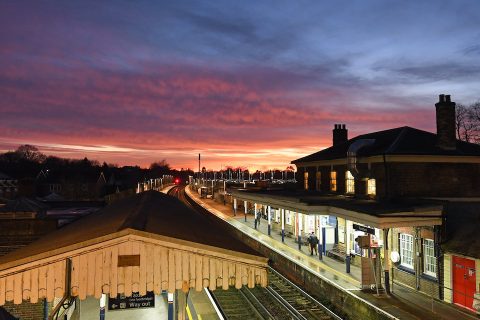Four principles of ProRail climate-friendly policy
Dutch infrastructure manager ProRail has reduced its CO2 emissions in eight times over the last ten years. In the coming years, it will continue to implement this policy in order to become climate neutral by 2030. What principles does it adhere to reach such an ambitious goal?
Want to read more?
You have read all of your free premium articles for this month. Please become a subscriber to keep reading.
Subscribe now!
Take advantage of our exclusive offer to get full access to all premium content.




